An Overview
- There are over 50,000 personal fitness trainers in the UK, of which around 20% are self-employed or freelance.
- The average salary for a freelance personal trainer in the UK is £35,000 per year.
- The most popular areas for freelance personal trainers to work in are London, the South East, and the South West.
- The most common types of clients for freelance personal trainers are individuals, corporate clients, and sports teams.
- Freelance personal trainers typically work 10-12 hours per week, and they may also offer their services online or through mobile apps.
Some statistics about personal fitness training in the UK:
- The number of people who use personal trainers has increased by 20% in the last five years.
- The average person spends £200 per month on personal training.
- The most popular reasons for using a personal trainer are to lose weight, build muscle, and improve overall fitness.
Allowable expenses for sole traders
As a sole trader, you will incur many expenses in the course of running your business. Some of these expenses can be deducted from your taxable profits, which can help to reduce your income tax bill.
To qualify as an allowable expense, an item must be bought “wholly and exclusively” for business use. If an item is used for both business and personal purposes, you will need to work out the proportion of the cost that is attributable to business use.
Some examples of allowable expenses include:
- Rent, mortgage interest, council tax, business rates, water rates, electricity, gas, insurance and security costs for business premises.
- Phone, broadband, stationery, printing, small office equipment, computer software and ink cartridges.
- Interest on business loans and credit cards.
- Advertising, marketing, professional fees, trade journals and trade body membership.
- Vehicle expenses, such as car and van insurance, repairs and servicing, fuel, vehicle hire charges, vehicle licence fees and breakdown cover.
- Staff uniforms and protective clothing.
- Fitness studio / gym rent
- Protein shakes (that are sold to your clients)
- Merchandise
- Mileage (not including your commute – home to work)
- Marketing and advertising costs
- Training equipment
- Accounting costs
Some examples of disallowable expenses include:
- Parking or speeding fines.
- Fuel or mileage for travel between your home and normal business premises.
- Depreciation of equipment.
- Everyday work wear (e.g. a business suit).
- Carers/domestic help (e.g. a childminder).
- Legal costs that result when buying property and machinery.
- Legal fines and the cost of settling tax disputes.
- Capital repayment of loans, overdrafts or finance arrangements.
- Entertaining clients.
- Donations to political parties or charities.
- Gym membership fees (personal use only).
- Stock or products that you take from your business for personal use/consumption.
Some helpful advice
It is important to keep accurate records of all your expenses, as this will help you to claim the correct amount of tax relief. You can use a spreadsheet or accounting software to keep track of your expenses.
If you are unsure whether an expense is allowable, you should seek professional advice from an accountant or tax advisor.
Here are some additional tips for claiming allowable expenses:
- Have a separate business bank account for business income and expenditure.
- Keep all receipts and invoices for your expenses.
- Keep your records for at least six years.
- Label your receipts and invoices with the date, description of the expense, and the business purpose.
- Organise your receipts and invoices in a logical way.
- Review your records regularly to make sure that they are accurate and up-to-date.
By following these tips, you can ensure that you are claiming the correct amount of tax relief on your allowable expenses.
